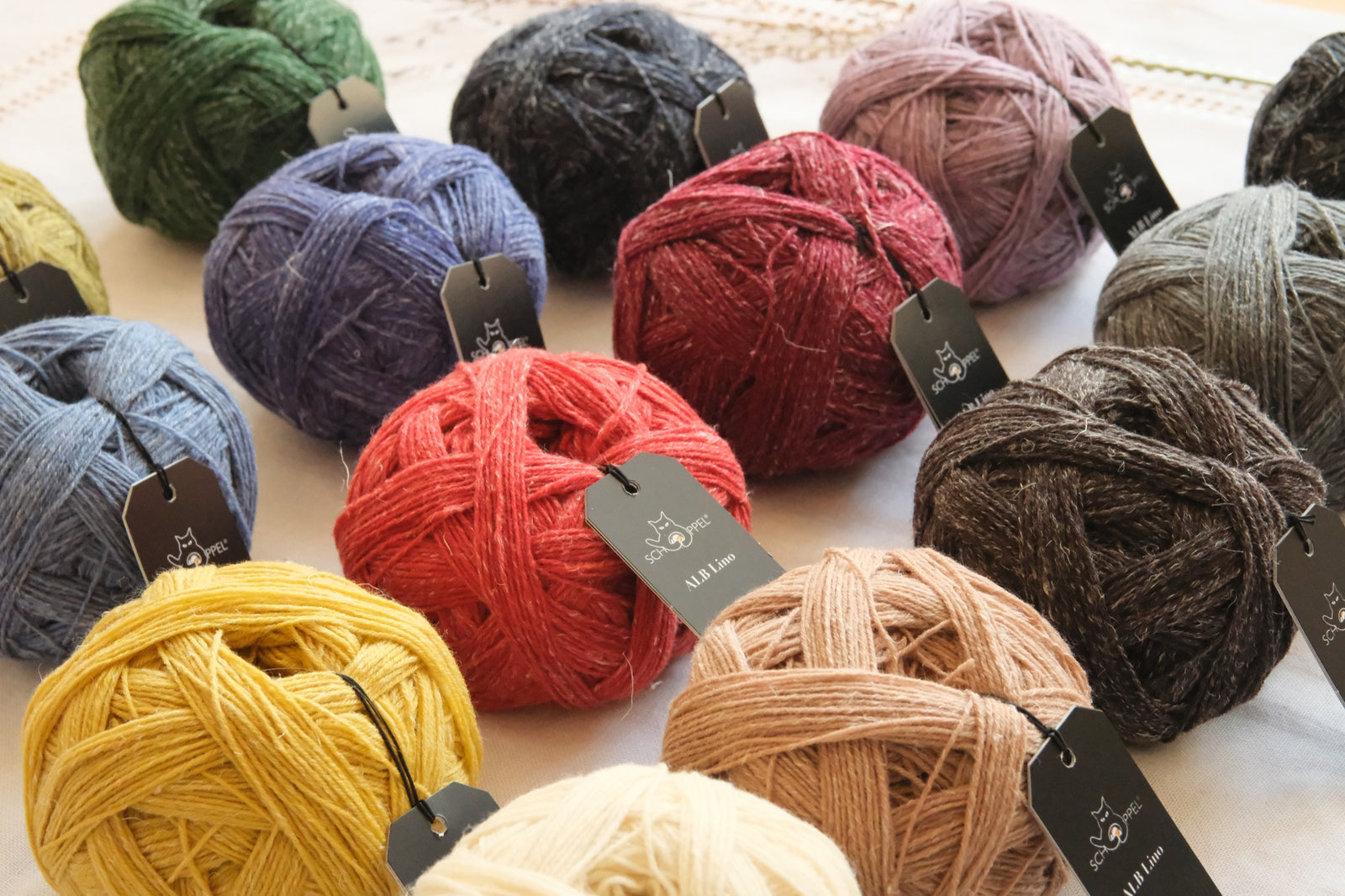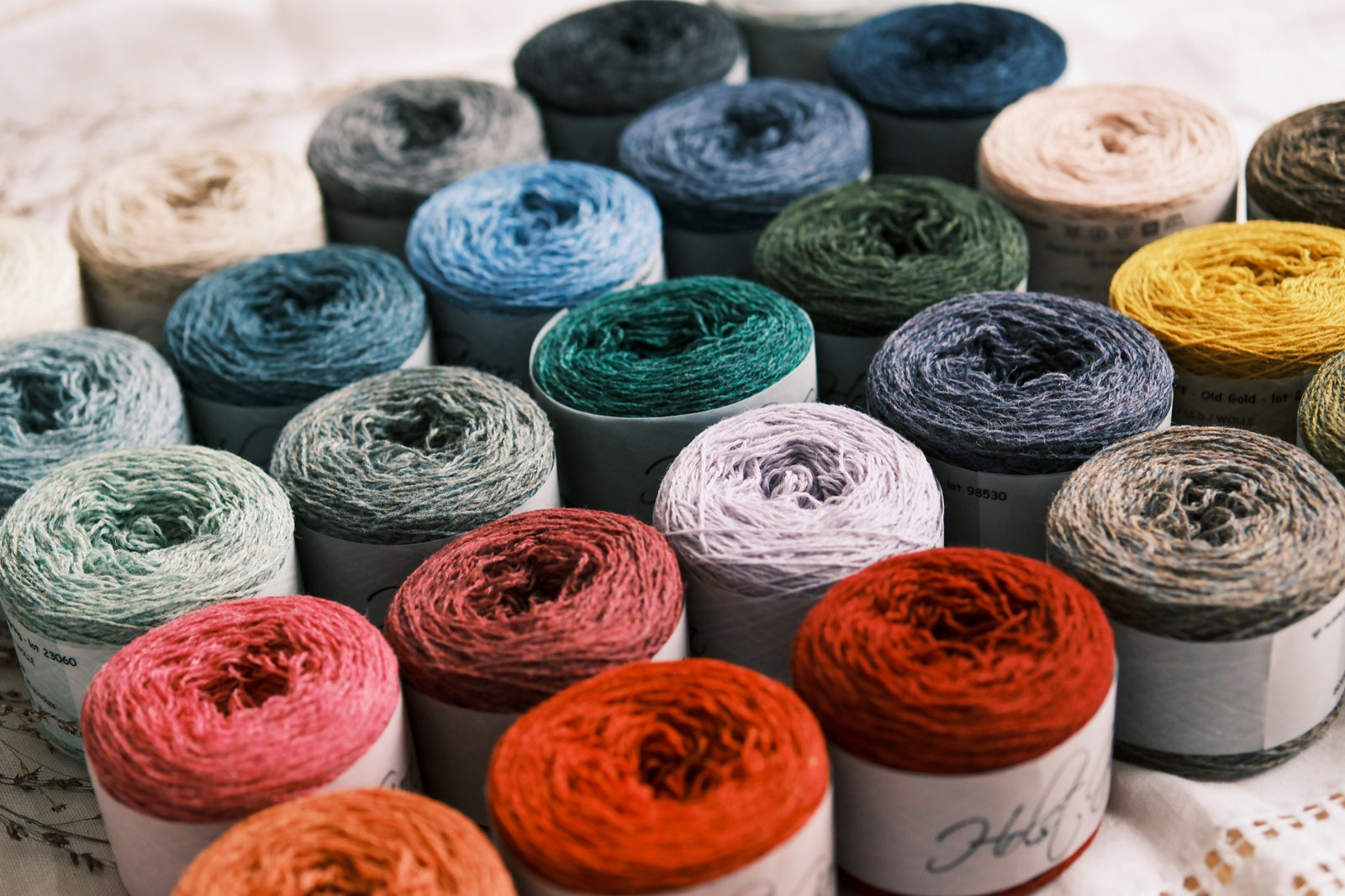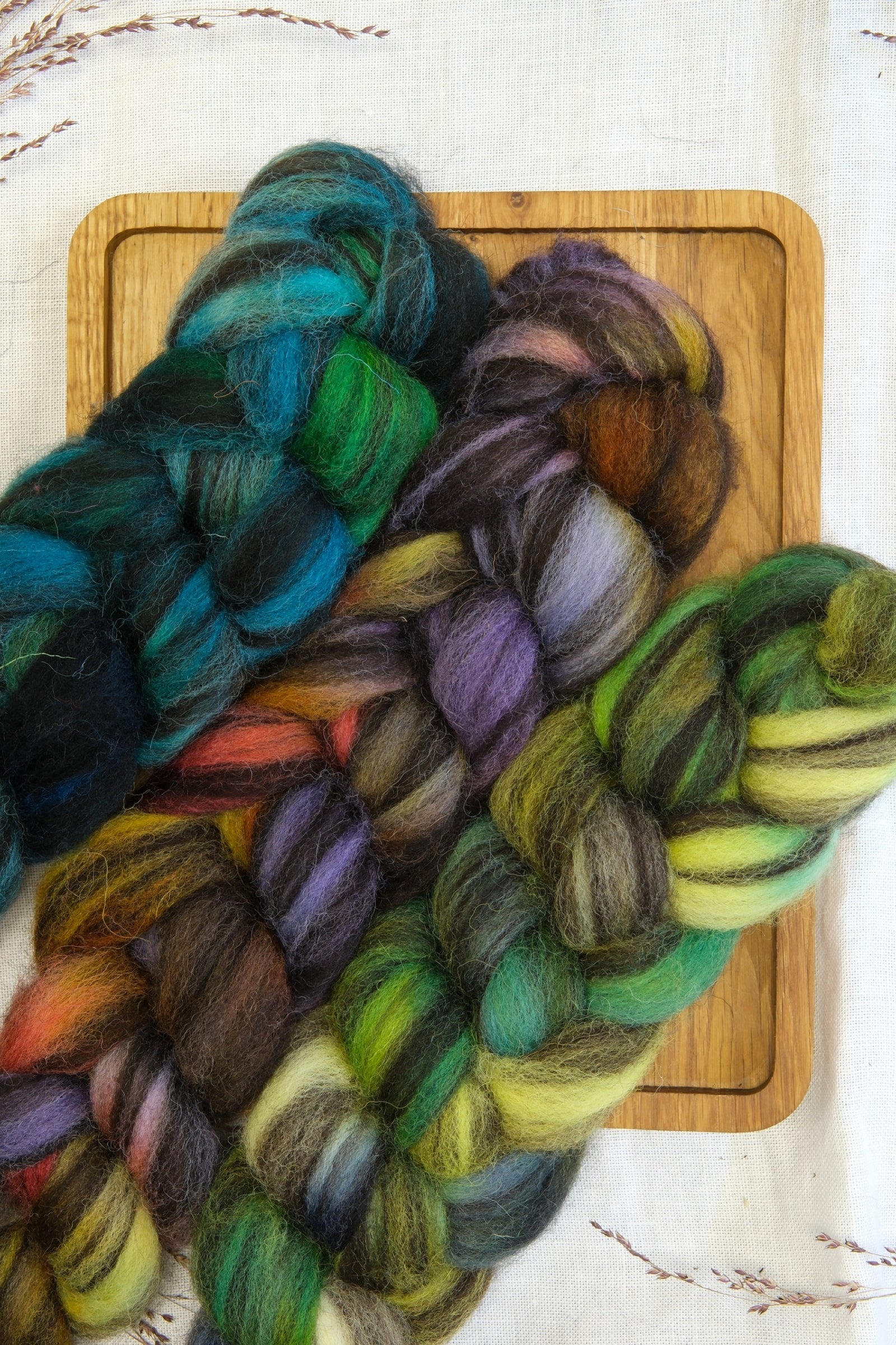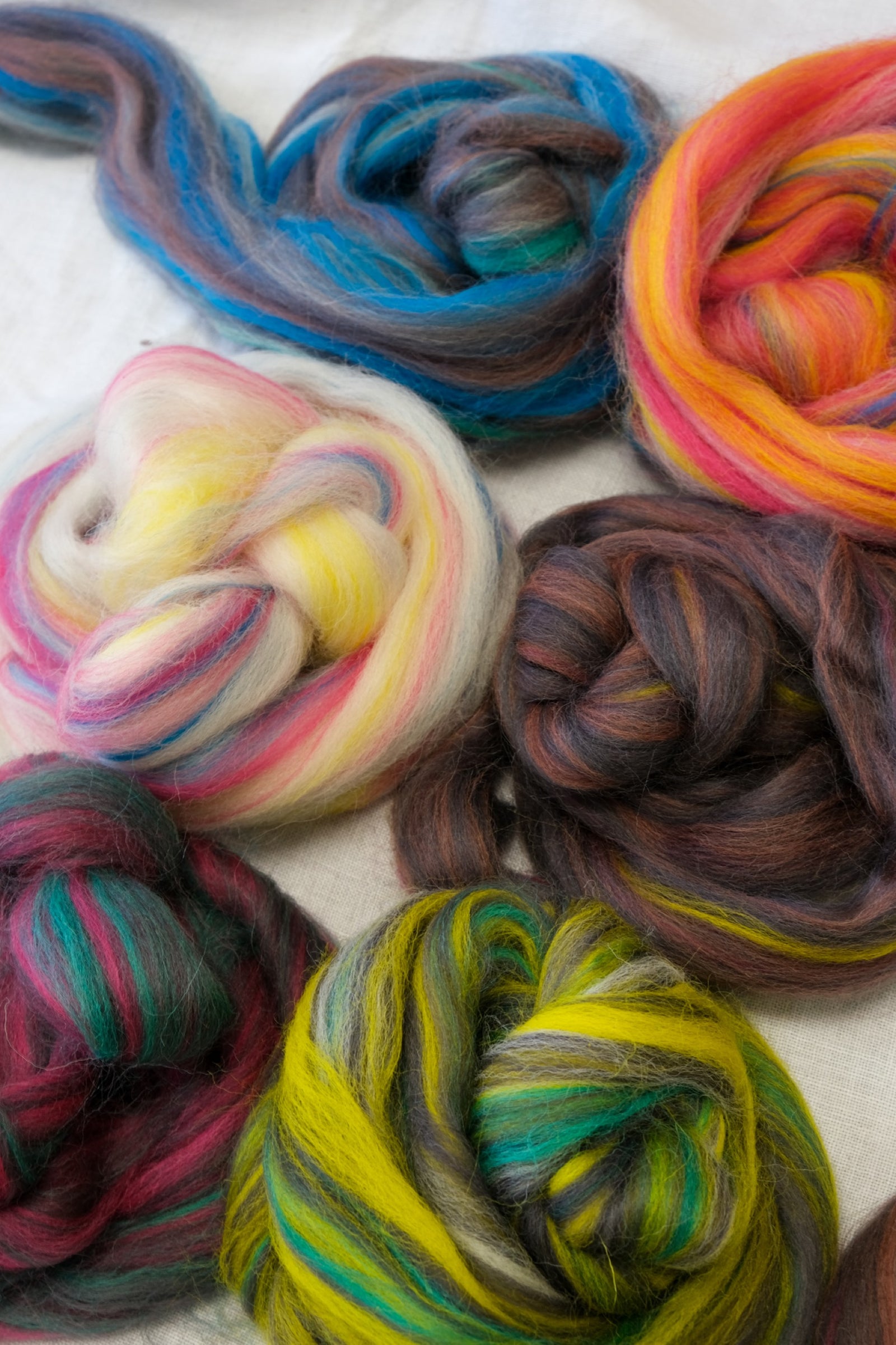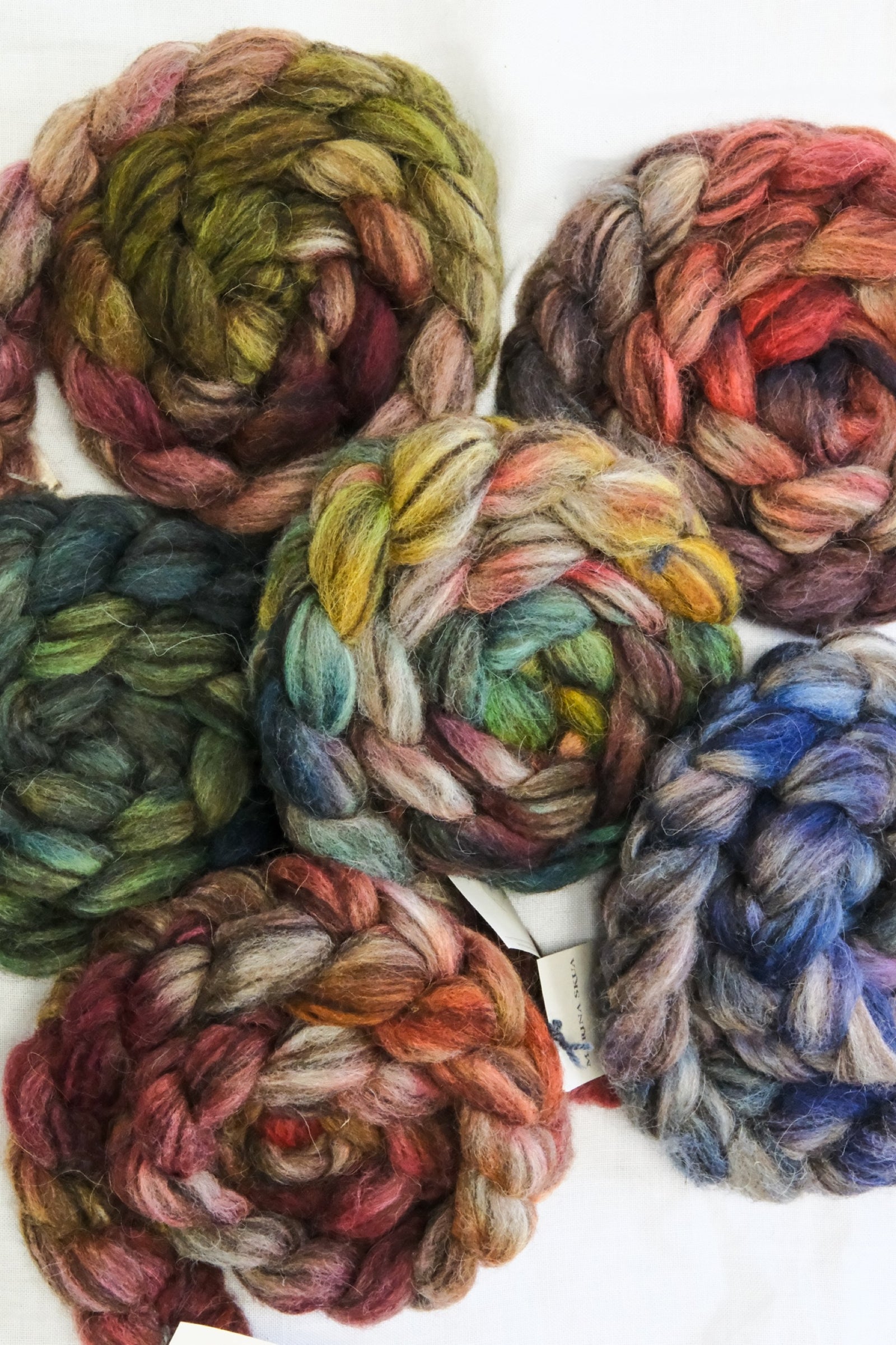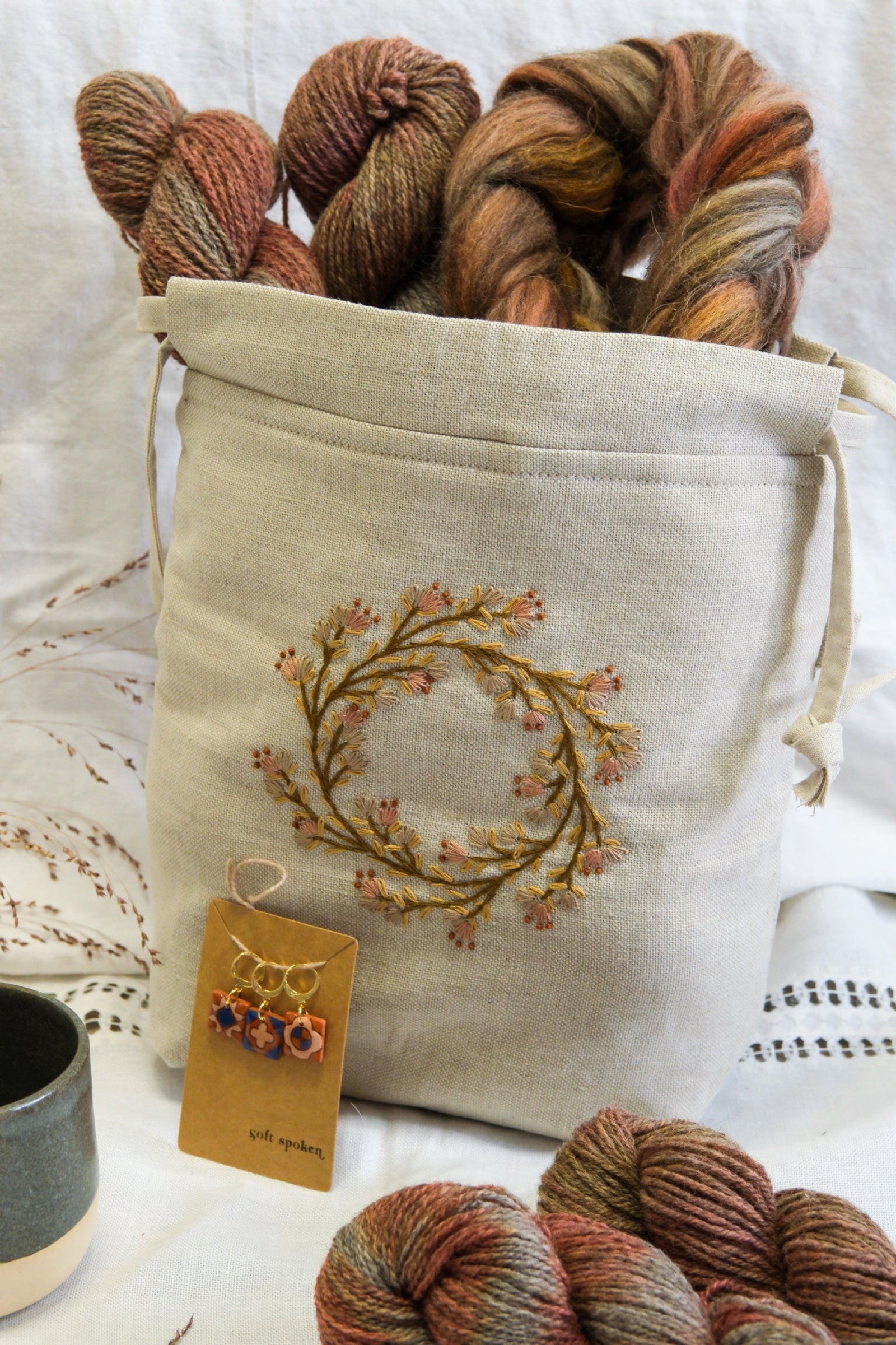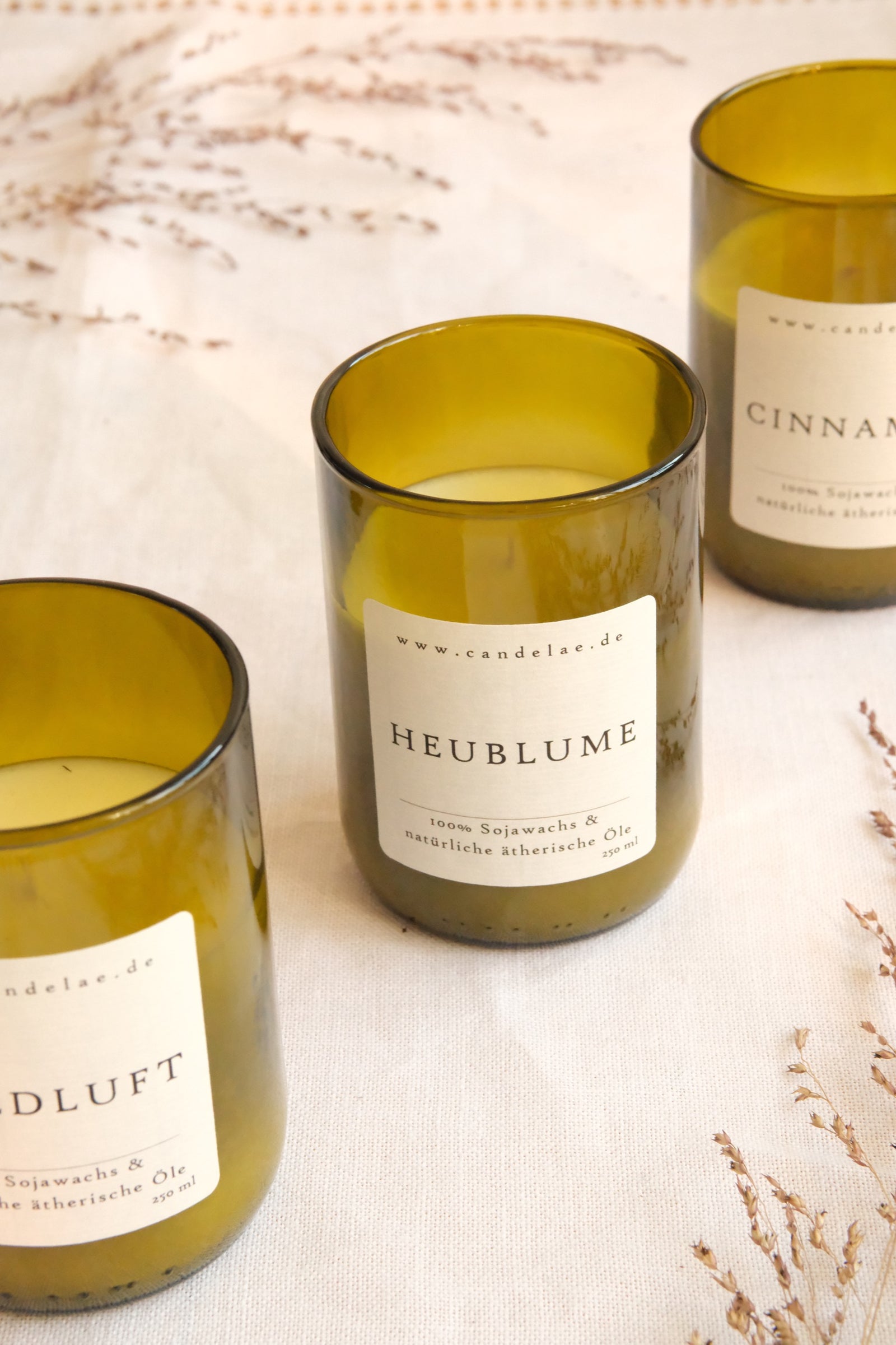As of April 1, Making Stories is closed. Thank you for your support all these years!
As of April 1, Making Stories is closed. Thank you for your support all these years!
Spinning Fiber
Notions & Gifts
Books, Magazines & Patterns
About Us
We're here to help you stitch sustainability into every aspect of your making.
With our carefully curated selection of non-superwash, plastic-free yarns and notions, we have everything you need to get started on your next project - and the one after that.
Here's to a wardrobe of knits we love and want to wear for years to come!
We're here to help you stitch sustainability into every aspect of your making.
With our carefully curated selection of non-superwash, plastic-free yarns and notions, we have everything you need to get started on your next project - and the one after that.
Here's to a wardrobe of knits we love and want to wear for years to come!
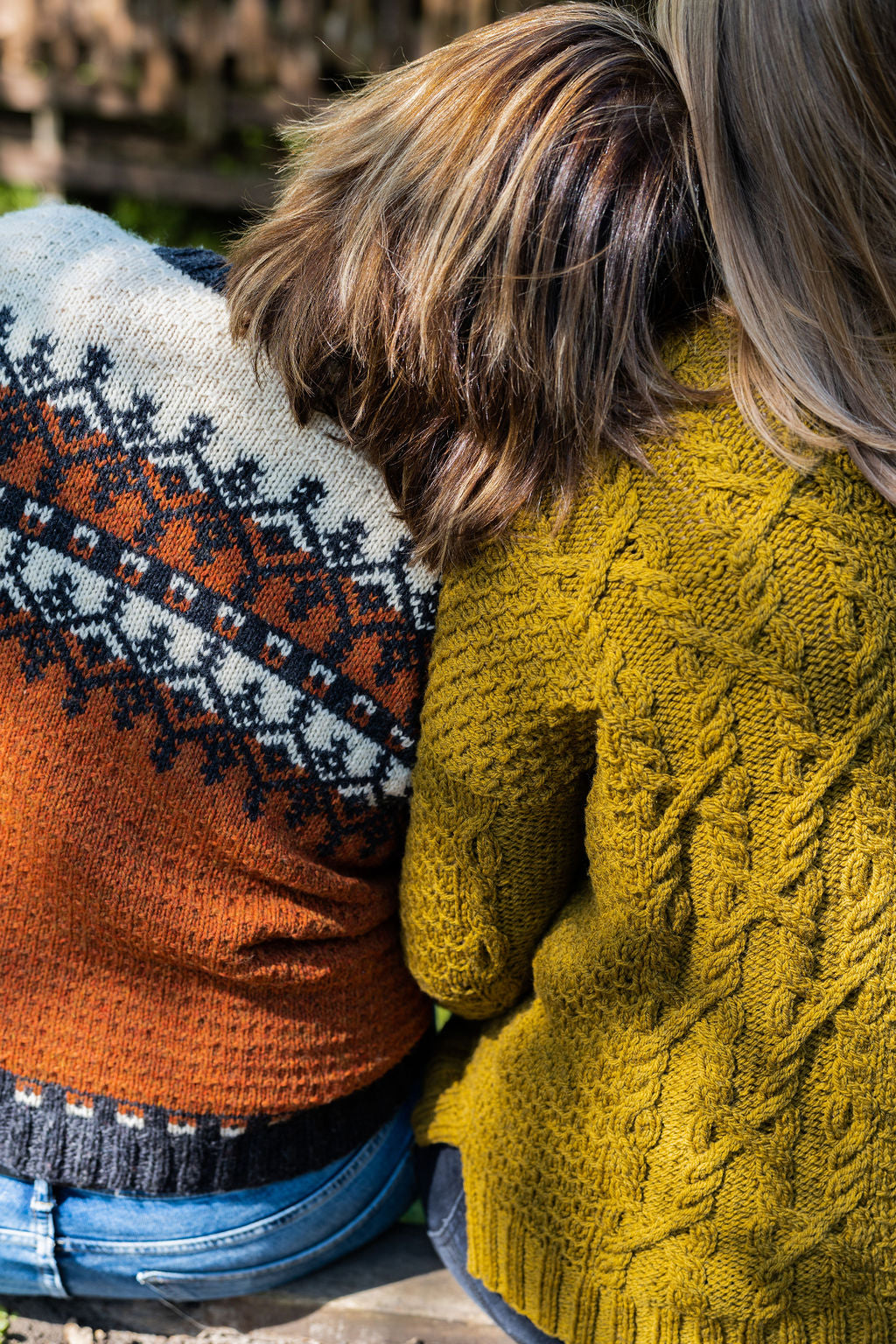
Our Sustainability Pledge

Our Blog

Our Podcast
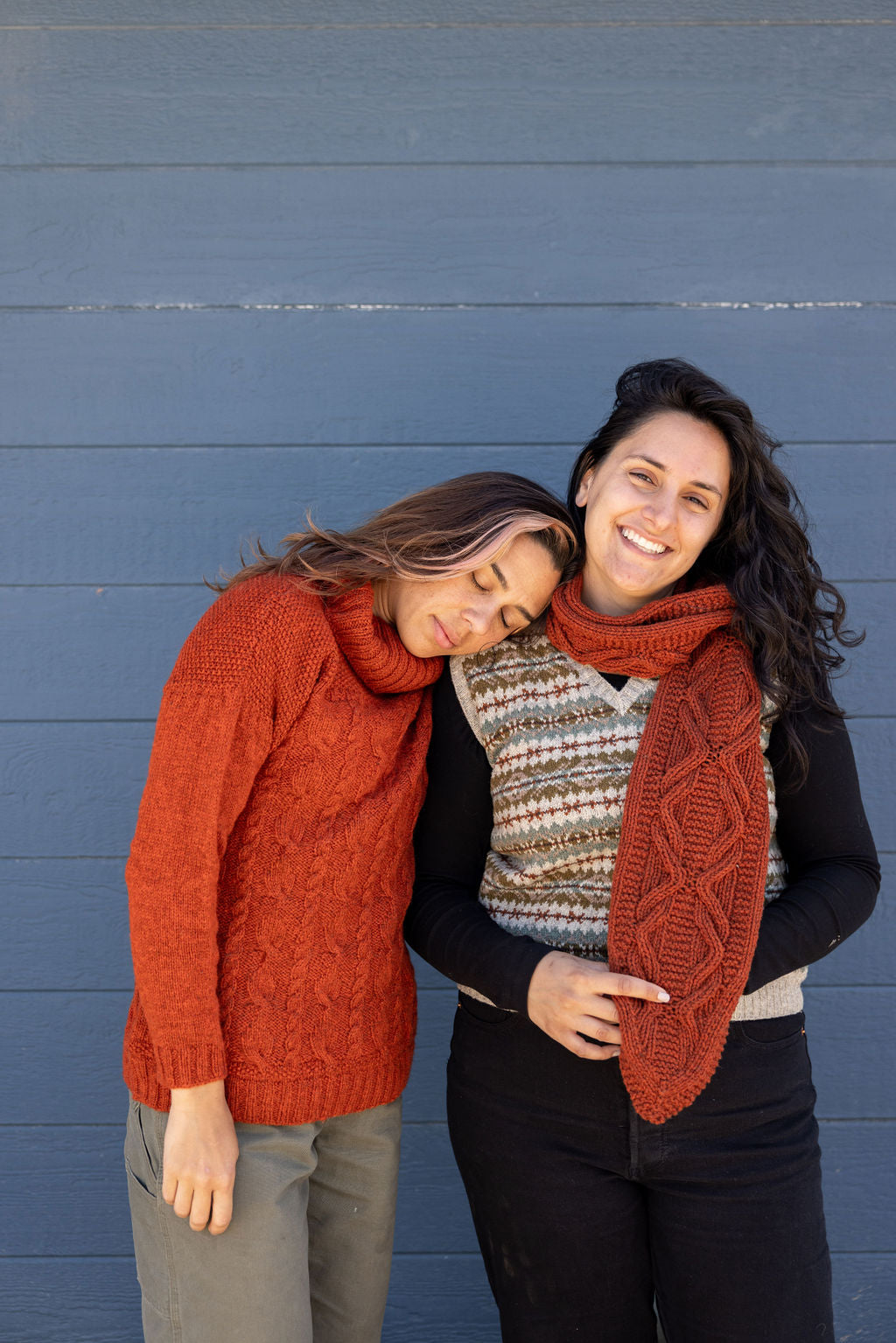
The Making Stories Collective

Choosing the right yarn
Superwash & Non-Superwash - the Indie Dyer Perspective | Karida Collins, Neighborhood Fiber Co.
July 16, 2020 4 min read
Back in May, when we published our first two articles on superwash yarn where we explored why superwash yarn is not sustainable and looked for more sustainable superwash options we received quite a few comments over on Instagram asking 'But what about the indie dyers?'
It's true - a lot, if not most, indie dyers dye on superwash bases. Superwash yarn takes dye beautifully, and it's still very high in demand, so it doesn't come as a surprise that it constitutes a large portion of the indie dyed yarn market!
What Does GOTS Certified Mean?
July 01, 2020 5 min read
So, you are out yarn shopping and you've found a lovely new-to-you skein of goodness. You spot the little green t-shirt symbol that tells you that is GOT's certified. We all know it means something good, right? But what does it actually mean? And what does it take for yarn to be GOT's certified?
Breed Specific Yarn
June 17, 2020 4 min read
Last week, we were exploring one of our favourite fibres; Wool. We looked at its characteristics, how they differ fleece to fleece, and how that influences the outcome of our yarn. This week, we are going one step further by looking at breed-specific yarns.
Are There Sustainable Superwash Options?
May 27, 2020 5 min read
Last week, we took a look at superwash yarns and explored why they're not sustainable. TL;DR of that article was that the most common superwash process - the Chlorine-Hercosett process - uses highly toxic chemicals, additional resources compared to non-superwash production processes, and results in a yarn that is not biodegradable and sheds microplastic particles when washed.

Why Is Superwash Yarn Not Sustainable?
May 20, 2020 5 min read
Last week, Claire dove into the world of single-flock yarn - beautiful, small batch fibres. Today, I'll be looking at something that is a lot more easily found: superwash yarn. More specifically, why exactly is it that superwash yarn is not sustainable?
To answer that, let's take a little step back and revisit what 'superwash' actually is: Superwash yarn and fibre (yes, there's also superwash fibre for the spinners out there!) has undergone an additional processing step after it's been spun to make it shrink-resistant and therefore machine-washable.

